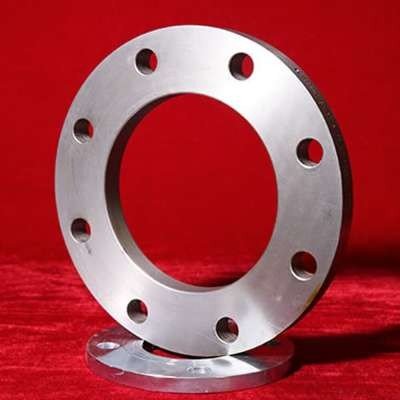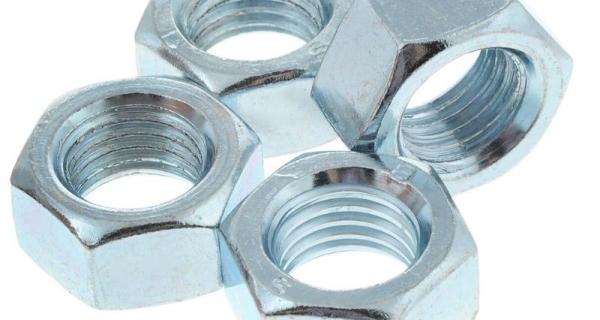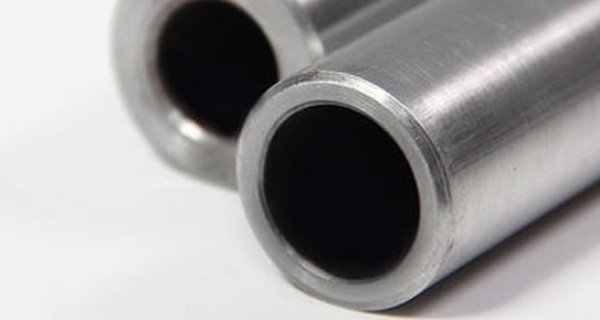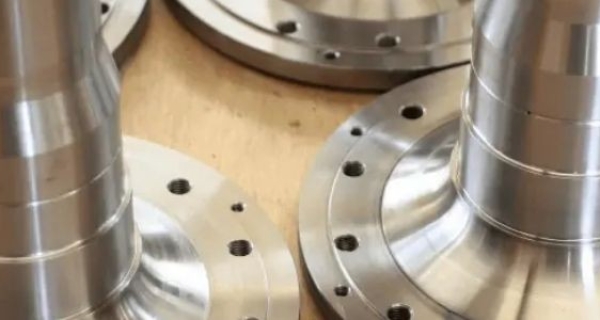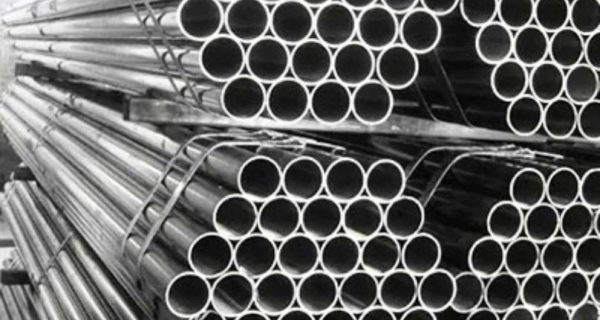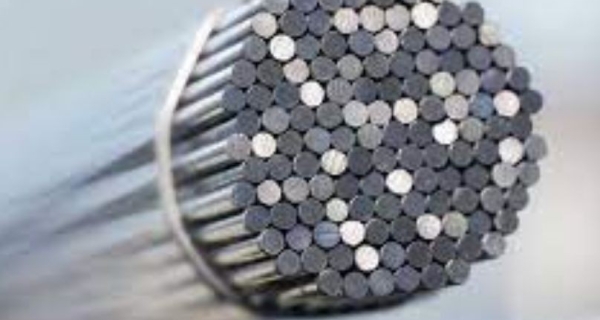MISTAKES TO BE AVOIDED WHILE USING STAINLESS STEEL FASTENERS
Fastener manufacturer in New Zealand. Caliber Enterprises / Caliber Fastener are high-quality bolt, screws, nut, threaded rod fasteners exporters in New Zealand. Bolt Fasteners in New Zealand, Nut Fasteners in New Zealand, Screw Fasteners in New Zealand
Posted 5 years ago in Newspapers, updated 5 years ago.
MISTAKES TO BE AVOIDED WHILE USING STAINLESS STEEL FASTENERS
The use of stainless steel fasteners is very popular because of their good corrosion-resistant & recyclable properties. They offer high resistance against any level of usage severity & have good load-bearing features in both hot & cold weather. However, if stainless steel fasteners are not handled properly; it may bring damage to the entire setup. Here are a few mistakes one can certainly not afford to make while using stainless steel fasteners. To know more about fasteners, visit fasteners manufacturer in New Zealand.
CHOOSING THE WRONG GRADE
The most important thing to note while this steel fastener is to check the grading of the steel. 304 & 316 are the 2 most commonly used stainless steel grades that offer resistance to corrosion better than any other grade available in the industry. For an environment that is highly capable of corrosion, 316 stainless steel is a perfect fit, given the resistance, it provides against the effect of metal oxidization.
CONTAMINATION OF THE EXPOSED SURFACE
The bare part of the stainless steel open to the atmosphere is receptive to contamination by metallic dust, which will basically lead to the formation of rust on the surface causing gradual decay of the material, internally. The most common e.g. is the thrust of iron filings that result from the grinding of steel. It’s suggested to cover the part with stainless steel fasteners during the period of operation. Fasteners exporters in New Zealand are one of the leading exporters in the world.
MAKING CONDITIONS FAVORABLE FOR GALVANIC CORROSION
Galvanic corrosion occurs when 2 different metals & alloys come in electrical contact with each other to apply a corrosive effect. Not only it affects the stainless steel fasteners, but also the metal that comes in physical contact with the particular fastener. You need to rigorously investigate if there is a possible circumstance of galvanic corrosion taking place & to what extent it can be inhibited. Using tools made of stainless steel is a good choice since the same electro potentials do not activate corrosion.
IMPROPER CLEANING SCHEDULES
The life span of stainless steel fasteners depends on the cleaning schedules employed for the equipment. If you allow the blacken, dirty, foul-up, grime, mire, muddy, smirch, smudge, soil, stain, sully to settle over a long period of time, it does not only become hard to carry out the cleaning process, but also to restore the distorted appearance of stainless steel. It’s advisable to expose the surface to rainwater so that all the dust particles wash off & there is no damage done to the protective layer of the steel. You can find top fasteners suppliers in New Zealand.
ROUGH FINISHING
Uneven finishing of stainless steel fasteners can leave space for a catch up of dusty particles that can destroy the protective layer of chromium oxide, which will provide the necessary resisting action against corrosion. A smoother finish eliminates the chance of particle settling & allows for easier cleaning practices.
